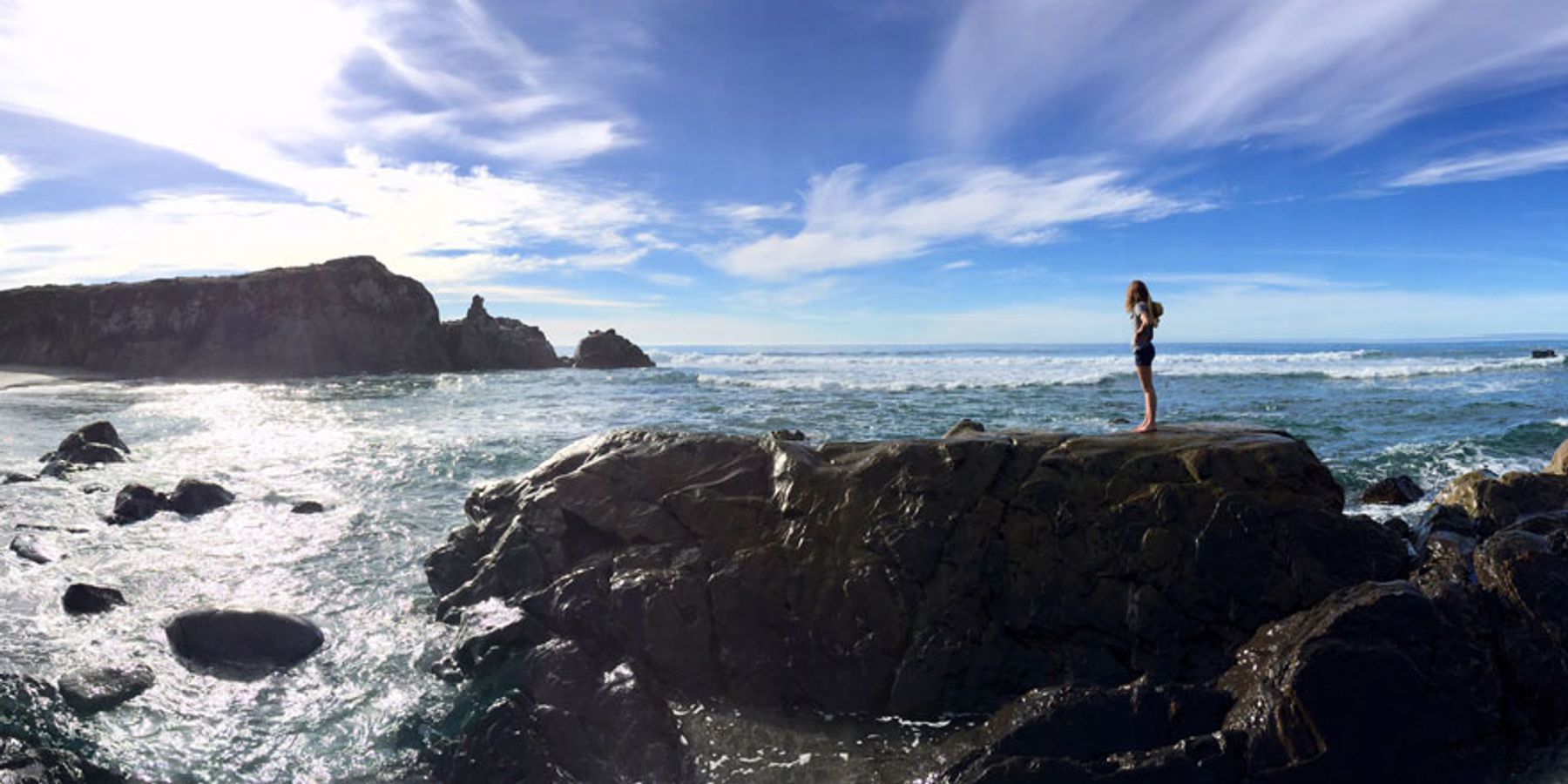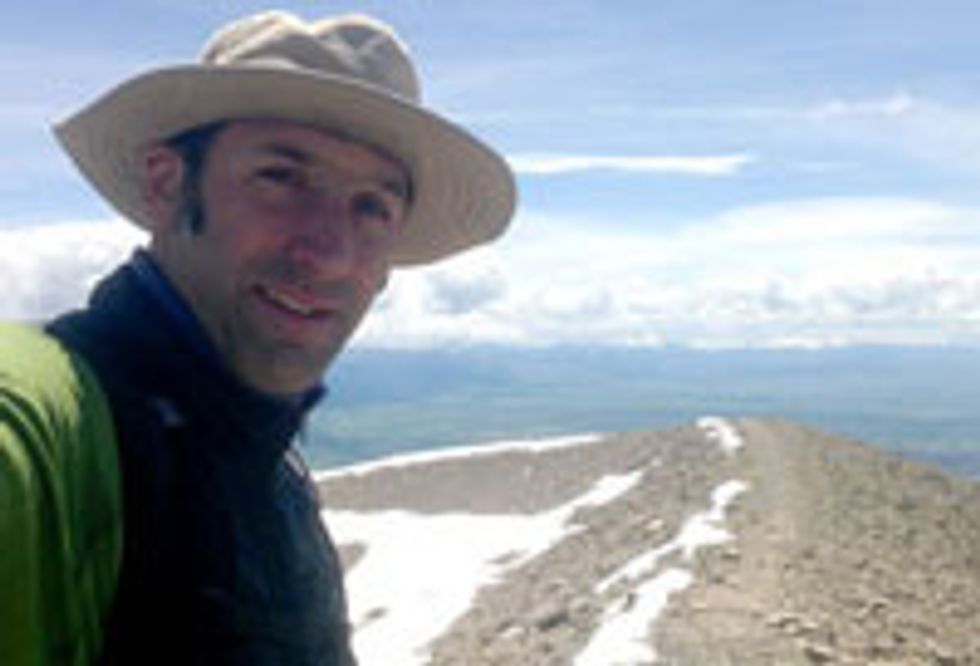
Help make science loud in 2018 - support our work today
We were strong in 2017 thanks to engaged readers like you. Let's keep that work going in the New Year.
I'm proud of our work over the past year. Engaged readers like you made it possible, and I hope you'll take a moment to see what impact you had – and what opportunities lie ahead of us. Because you should be proud, too.
We moved to a new, nimbler platform this fall. We're going to spend 2018 reaching new readers who might not realize how closely our health and climate change are related.
We also saw an institutional shift. After more than 15 years at the helm, founder and chief scientist Pete Myers stepped aside from day-to-day management this summer. He's still intimately involved – focusing considerable energy and expertise to draw connections among climate, environmental factors and our health.
Priority: Environmental justice
We're on fire with our journalism. In November our sister publication, EHN.org, published Peak Pig, a nine-part series in partnership with NC Policy Watch on the impacts of Big Ag on rural America. No clichés or recycled narratives here — we sent reporters to the heart of hog country and told of rural unrest through the eyes of those who feel voiceless and forgotten. And we saw novel new developments with hog waste and biogas.
We see urgent need to call out environmental injustice. We're looking hard at our carbon footprint and impacts. And veteran editor Peter Dykstra is keeping a sharp eye on climate science and regulatory rollbacks in his Weekend Reader.
Your donation drives this
What's ahead? First, we hope to have your continued support.
Your donation drives good science into public policy and discussion on environmental health. Please consider us as you plan your year-end tax-deductible gifts.
Second, we're watching. Peter Dykstra is tracking rollbacks. We intend to keep a sharp eye on ways science and policy are diverging.
Check our new weekly newsletters
Pete Myers will continue to push forward the science on bisphenol-A and other endocrine-disrupting compounds. Our small staff will continue to curate news from around the world on environmental health and climate. And we are expanding our news pipeline: A new menu of weekly newsletters – all free – and enhanced efforts on Facebook and Twitter.
But it all starts with you, our readers. A small donation makes a huge impact.
You're the caffeine that fuels our early morning and weekend shifts. You're driving the discussion. Let's be loud in 2018.
Contribute a tax-deductible gift today. We're ready to roar.
With deep appreciation,
Douglas Fischer, executive director
Environmental Health Sciences, publisher of EHN.org and DailyClimate.org
Environmental Health News is a program of Virginia Organizing, an umbrella nonprofit that helps us keep overhead costs extremely low. That lets us put more of your donation to work. It also means we have to tell you this:
Virginia Organizing is officially registered with the Department of Agriculture and Consumer Services, P.O. Box 1163, Richmond, VA 23209. You can write to this department for all relevant financial statements and procedures regarding the solicitation of contributions. Your donation is tax-deductible to the extent allowed by law.














